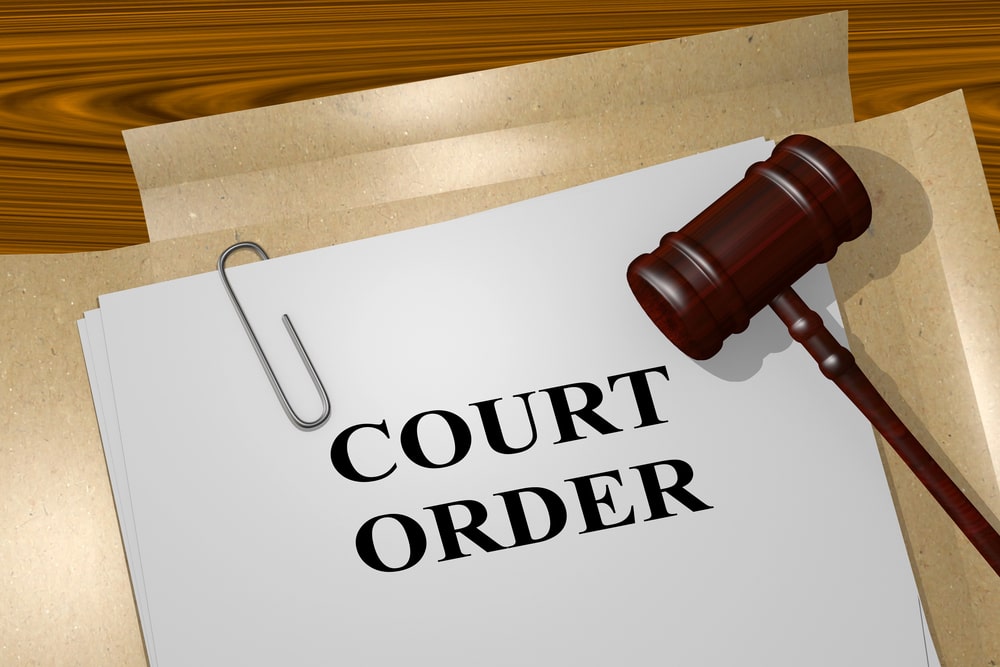 If you are experiencing abuse in your relationship, taking legal steps to protect yourself is crucial. A restraining order—also known as a protective order—can provide legal protection from an abusive spouse, helping to ensure your safety and prevent further harm.
If you are experiencing abuse in your relationship, taking legal steps to protect yourself is crucial. A restraining order—also known as a protective order—can provide legal protection from an abusive spouse, helping to ensure your safety and prevent further harm.
At Harr Law Firm, we understand how difficult it can be to leave an abusive relationship. Knowing your legal rights and options can help you make informed decisions about your safety and future.
What Is a Restraining Order?
A restraining order is a legal document issued by a court that restricts an abuser from making contact with the victim. It may include provisions such as:
Restraining orders provide immediate legal consequences for violations, meaning law enforcement can intervene quickly if the abuser does not comply.
Types of Restraining Orders
1. Emergency Restraining Order
2. Temporary Restraining Order (TRO)
3. Permanent Restraining Order
4. Criminal Protective Order
Steps to Get a Restraining Order
1. Gather Evidence and Documentation
Before filing for a restraining order, collect evidence of abuse to strengthen your case. This may include:
2. File a Petition in Court
Visit your local family court or domestic violence court to obtain the necessary forms. You will need to:
In urgent cases, a judge may issue an emergency order the same day.
3. Attend a Court Hearing
A hearing will be scheduled to determine whether a temporary or permanent restraining order should be granted. At the hearing:
4. Enforce the Restraining Order
Once the order is issued:
What Happens If the Restraining Order Is Violated?
Violating a restraining order is a serious offense and can result in:
If the abuser ignores the order, report the violation to law enforcement immediately. Keeping detailed records of violations can help strengthen future legal actions.
Additional Steps to Protect Yourself
1. Develop a Safety Plan
A safety plan helps you prepare for potential threats. This may include:
2. Secure Your Home and Online Accounts
3. Seek Support from Domestic Violence Organizations
There are many organizations that provide legal assistance, counseling, and emergency housing for victims of abuse, including:
4. Consider Filing for Divorce
If you are married to your abuser, filing for divorce may be the next step toward long-term protection. A family law attorney can assist with:
Why Choose Harr Law Firm for Your Protection Order Case?
At Harr Law Firm, we understand the urgency and emotional difficulty of leaving an abusive situation. Our team is committed to helping survivors of domestic violence obtain restraining orders and legal protection.
When you work with us, you receive:
Protecting Yourself from an Abusive Spouse
No one should have to live in fear of their spouse. If you are experiencing abuse, a restraining order can be a powerful legal tool to protect you and your loved ones. Taking the right legal steps and working with an experienced attorney can ensure your safety and long-term security.
If you or someone you know needs help obtaining a restraining order, contact Harr Law Firm today for a confidential consultation. We are here to help you take back control of your life and ensure your safety

